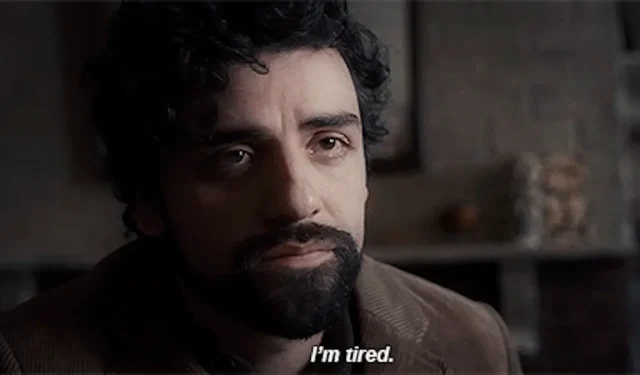
I recognize that not everyone is inclined to view sexual content in films or TV shows, and I completely respect individual preferences. However, it’s frustrating to see a recurring dialogue about this topic in media. A recent study by Variety reveals that teenagers are expressing a desire for less sexual content in entertainment. Honestly, I’m weary of this conversation.
There’s a prevailing notion that sex scenes are often gratuitous or exploitative. While subpar scenes could indeed be characterized this way, many well-crafted sex scenes serve crucial functions in storytelling. They reveal the emotional dynamics between characters and highlight specific needs at critical moments. To categorically dismiss all sex scenes and advocate for reduced representation ignores the meaningful developments that can transpire within such contexts.
The report, titled “Teens & Screens,” surveyed approximately 1,500 participants aged 10 to 24, finding that they prefer narratives centered on platonic relationships over those featuring sexual content. While advocating for more stories about friendship is commendable, the outright rejection of sex scenes is exasperating. Additionally, why are we seeking opinions from children as young as ten?
Teens Want Less Sex in Movies and TV Shows, Study Finds https://t.co/3NEvRUdqys
— Variety (@Variety) October 24, 2024
Disturbingly, the demand for less sexual content has increased, as prior studies revealed a lower percentage of younger audiences wishing to see less. A particularly troubling statistic from this latest data indicates that 62.4% of respondents believe sexual content is unnecessary for advancing a plot. This perspective undermines the significant role that well-executed sex scenes can play in the development of characters!
Sex scenes are impactful when executed thoughtfully
A prime example of the effectiveness of a sex scene in conveying character insights can be found in the series Narcos. When Javier Peña (played by Pedro Pascal) learns about the death of an informant he tried to protect, he seeks solace with a sex worker. The manner in which he interacts with her starkly contrasts with his previous demeanor around sex workers, highlighting his emotional turmoil.
In the film Hit Man, we encounter a “sex montage”accompanied by a voiceover from Gary (Glen Powell) who reflects on how being in his own mind prevents him from being a truly “good” lover; conversely, his alternate persona, Ron, frees him from thought and enhances his performance.
Through the juxtaposition of Gary and Ron presented in these scenes with Madison (Adria Arjona), viewers gain a deeper understanding of both characters. Another example is the film Fair Play, where we observe how Luke (Alden Ehrenreich) evolves from being perceived as a supportive partner with Emily (Phoebe Dynevor) to revealing a more sinister side by the narrative’s conclusion.
My assertion is that by completely disregarding sex scenes without recognizing their potential value, audiences miss out on crucial character arcs. These scenes, therefore, hold significant importance within the narrative. Can we please put an end to this ongoing debate?




Leave a Reply